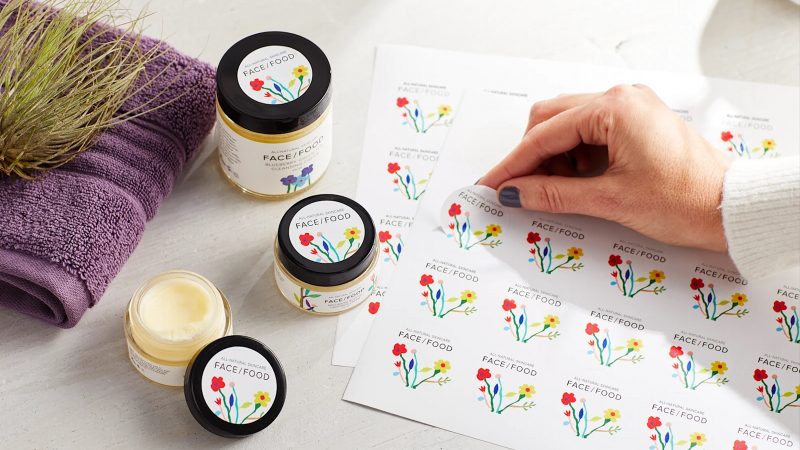What to bring to a medical school interview

Medical school interviews are a chance for you to show the admissions committee who you really are. You’ll have to be most articulate, charming and confident self to get accepted.
But this is not easy when being interviewed by strangers about topics that may make you feel uncomfortable or unprepared. Here are some practical tips on what to do beforehand:
1) Prepare answers ahead of time for any questions they might ask on medical ethics, patient confidentiality, or drug interactions;
2) Practice interviewing with friends or family members so that you can see how it feels;
3) Make sure your clothes look professional but also represent who you are as a person
4) Bring an extra copy of your resume and research interests (and anything else you might need, like a pen and notebook).
5) Remember to have fun!
What to wear?
Doctors are respected and authoritative figures in society. In order to show the committee members that you are mature, self-confident and someone they can respect, wear business casual clothing.
Do not dress too casually because this shows a lack of respect for the doctors (and will not make them want to accept you into their program). Many schools have a casual dress policy for med-student interview days.
In this case, you should wear a collared shirt with slacks or a skirt. You may also want to bring an extra jacket or scarf just in case the room is cold and you need something to wear over your outfit when showing your presentation. A medical student-friendly backpack can always be carried as well.
How to behave in the waiting room?
Show yourself off as someone who is polite and pleasant by never making loud noises (such as knocking things onto the floor), being disrespectful to other students, acting obnoxious, or using cell phones during your time in the waiting room.
This will instantly turn admissions committee members against you. Smile at people you speak with and thank them for doing this vital part of their job!
Be sure to watch your body language while waiting; it can be easy to start slumping or fidgeting nervously. The best way to avoid this is by crossing your legs and keep yourself open but relaxed.
What not to do on your interview day?
Do not speak with other groups before the presentation—this shows that you’ve been talking about them behind their backs. Do not show up late since this will give off a bad impression of your time management skills (or lack thereof).
Do not bring food, especially foods like bagels, which could make an applicant sick if they get nervous and forget that they are eating something. It also gives off the wrong impression of gluttony when trying to portray yourself as someone who cares for others/is conscious of their own health.
When you are in the room with your group, do not whisper or talk during the presentation or while other groups are presenting. Remember to focus on your audience and try not to let anything else distract you!
Make sure to take good notes—this shows that you were paying attention and will make it easier for you to remember what was said. It is also important to show your interest by making eye contact with the audience member as soon as they walk into the room.
Showing them that you care and are ready for whatever they might say will help them feel more at ease talking with you (and being interviewed). If someone laughs or stands up after one of your jokes, finish off the joke before starting up a new one.
You shouldn’t leave your personal feelings out—this will make the audience feel like you are not invested in why they are there and what they want to ask you. If you think someone is going to ask a specific question, try to answer it before it gets asked. This shows that you were able to do some research on them or even call up their program beforehand!
During the interview, remember that nothing negative should be said about any of your ex-coworkers (even if they were bad at their job), patients, friends, or family members. It is better to simply say that you cannot give details rather than saying something bad about someone else!
Remember: most school programs don’t care about your dating or what you did on your summer vacation. They want to see that you can be a mature, intelligent person who knows how to handle themselves in terms of work and time management.
Questions asked during an interview:
The questions most commonly asked are:
There will also likely be questions about the type of medicine/career path you want to go into after school (and why), as well as about your family. When speaking of your friends or coworkers, make sure not to say anything bad!
You should show enthusiasm for whatever the committee asks and make sure not to pause too long when answering their questions! If they ask if there is anything else you’d like to add, respond by talking about something important but not too negative—it’s always better to end on a positive note.
Also, remember not to be nervous! It is normal to be stressed and even jittery, but you should try your best to calm yourself down and focus on every word the interviewer says (not just the questions). If you are able to do this well enough, it will significantly increase your chances of getting into whatever medical school you are applying for.
Final Note
With all of this said, you now should feel confident enough to walk into your interview! Remember to show enthusiasm and confidence with everything you say and try your best to answer every question honestly and clearly. Remember not to overthink everything since the interviewers will understand if you do mess up!
Good luck!






